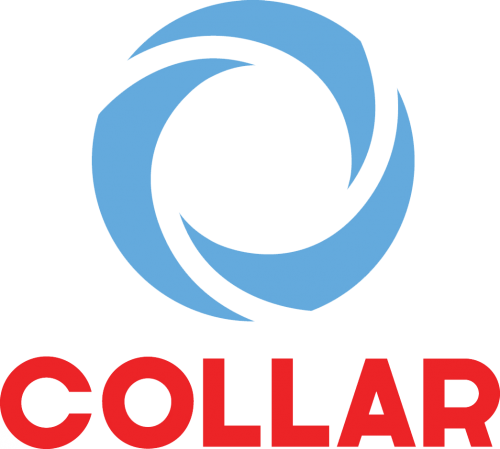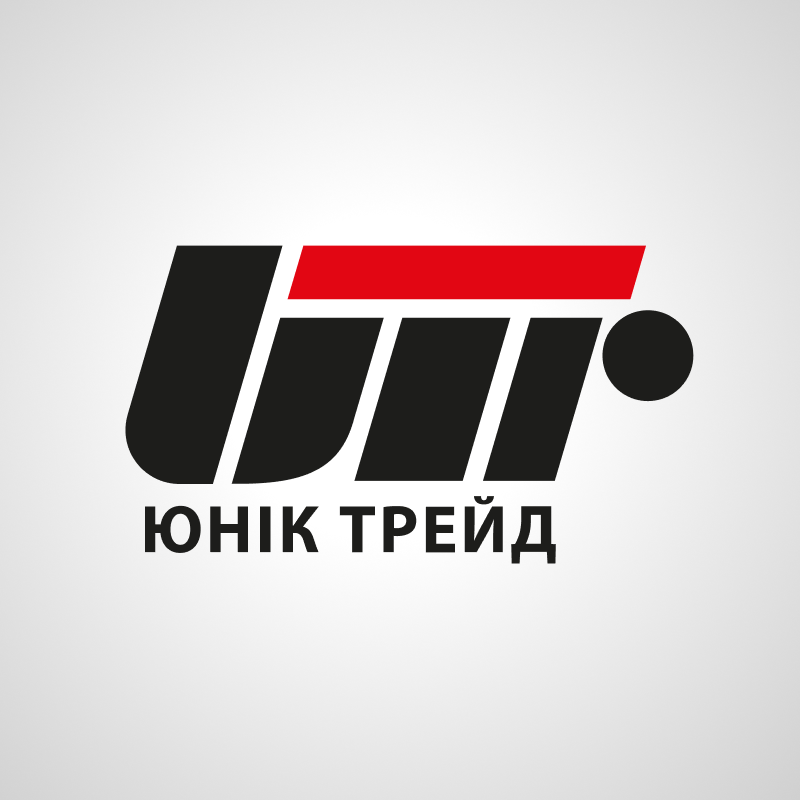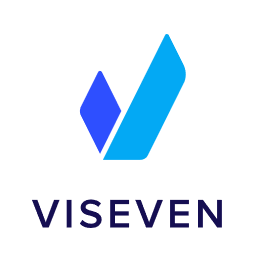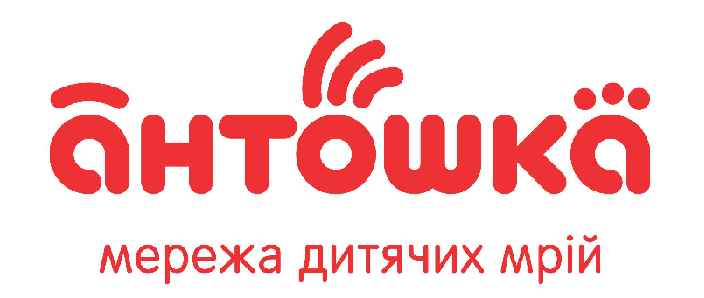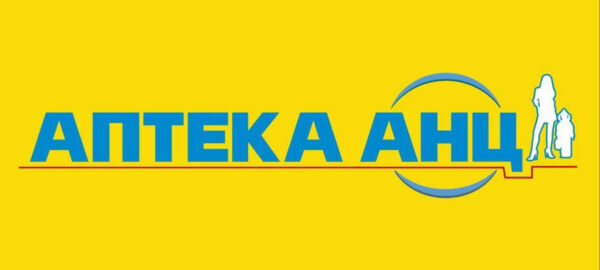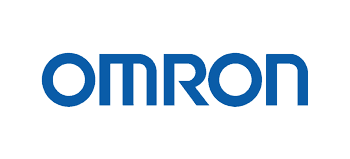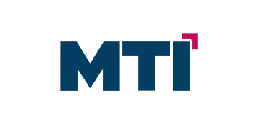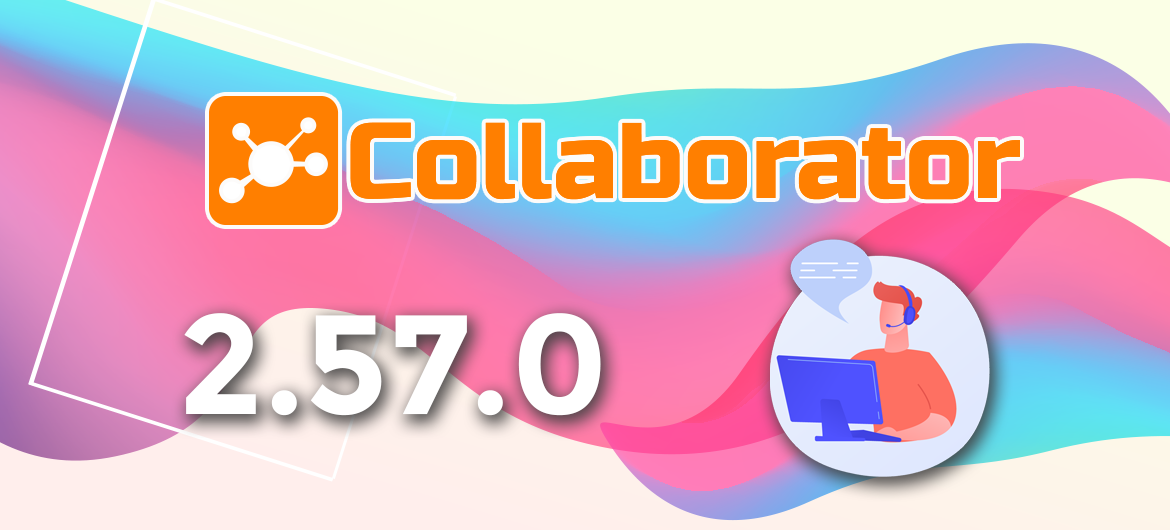
LMS Collaborator 2.57.0 – Instant chat with the administrator, more data in reports, descriptions for tags, and other updates
Introducing the new version – LMS Collaborator v.2.57.0!
1. Instant communication with the portal administrator
During training, employees often have questions. To save time searching for someone to ask, LMS Collaborator allows you to set up a quick chat with the portal administrator.
How to do it?
In the chat settings, enable the “Assistance” menu and select a responsible administrator from the list of users who will manage this chat and provide support. After that, a corresponding help icon will appear on the portal, which will open a personal chat with the designated administrator.

LMS Collaborator Chat
Instead of long chains of emails or searching for contacts, one click is all it takes for an employee to instantly ask a question and quickly receive an answer. This saves a lot of time and makes the learning process more comfortable.
2. Filtering tasks by additional parameters
Additional task parameters help capture important information that cannot be specified in standard fields. This opens up more opportunities for analytics, reporting, and personalization of the learning process.
The administrator can choose one of three types of settings:
- numerical – for example, to indicate the cost of an event or the number of hours of training.
- text – for comments, short notes, or clarifications.
- select from the list – to classify tasks by type, category, or direction.
For example, the company conducts both internal and external training events. To structure these tasks, the administrator creates an additional parameter, Training Type, with the options “internal” and “external”. When creating a task, the administrator fills in this field, and the entire team can see which category it belongs to.
For parameters such as selection from a list, you can enable the “Use in filters” option. On the assigned tasks page, employees will be able to filter their tasks by the selected parameter — for example, to view available external training or only tasks of a certain type.

This helps to structure learning tasks and speeds up the search for what you need. For administrators, it is an effective accounting tool. For users, it provides quick navigation and clarity in tasks.
3. Setting the format for displaying competency levels
In LMS Collaborator, you can maintain a corporate competency library and use it to create job profiles and organize employee competency assessments. This allows you to build a comprehensive personnel development system – from job requirements to the current performance of each employee.
The employee’s profile displays a list of competencies required for the position and the actual level of proficiency in each of them, as determined during the assessment. This helps:
- see progress in the development of skills,
- compare the actual level with the expected level,
- make informed decisions about training, promotion, or rotation.
You can also customize how these levels are displayed:
- textually (e.g., “beginner,” “basic,” “advanced”),
- numerical (e.g., 2/5 or 4 out of 10).

Job profile
The format is set when creating the competency scale – choose the one that is most convenient for your assessment system.
4. Updates for reports: even more analytics and transparency
We have made working with reports in LMS Collaborator even more convenient!
What’s new?
1. Updated appearance of the success funnel
We have updated the visualization of the success funnel. In addition to its stylish appearance, it now has five levels:
- Assigned,
- Not started,
- In process,
- Failed,
- Successfully.

The funnel displays the percentage of the total number of users next to the number of users. This makes analysis even easier.
2. Filter by task assignment method
We have updated the filter by task assignment method and added it to training reports. With its help, you can quickly filter employees who have received tasks:
– manually by the administrator,
– through the development plan,
– from the training catalog,
– within the framework of the trajectory,
– according to the automation rule,
– according to the automation rule in the development plan.

*To display the filter in the table report, enable it in the table settings.
3. More data in the competency assessment report
The competency assessment report has become even more in-depth and detailed. It now includes:
- average score for all competencies,
- individual score for each competency,
- names of competencies and indicators,
- scores for each indicator,
- comments,
- final score (if available).

You get a complete picture of the assessment results and can analyze the level of skill development in greater depth.
4. Background unloading of the session log
If there are many entries accumulated in the session log, the report will be downloaded in the background. The administrator will receive a notification that the data is being processed, and the finished file will be sent to their email in Excel format. Convenient, fast, and without unnecessary load.
5. Indicator of unfinished tasks in course and program reports
Sometimes, after completing a course or program with a quiz, an employee returns to the quiz, starts a new attempt, and does not complete it. As a result, the status changes to “In progress”. Administrators may not always understand why this happened.
Now, course and program reports include an indicator for tasks started within them, with statuses “in progress” or “started”.

This provides greater transparency.
6. Quick navigation between pages of the summary report
Now the arrows with stage names in the summary report are clickable – you can click on them and immediately go to the desired block.

5. Description of labels
Tags in LMS Collaborator help structure content and users, as well as quickly find the resources you need. You can add them to courses, programs, quizzes, surveys, news, tasks, competencies, users – that is, to virtually all elements of the portal. These can be keywords by topic, training direction, project, or any other criteria convenient for your company.
Now you can also add a description to each tag to clearly explain its purpose. For example, instead of the abstract #sales2025, you can add an explanation: “Courses for the sales team’s new product line, launching in 2025”. This helps avoid confusion and makes it easier to navigate the system.

When editing, you can change not only the name of the tag, but also its description and scope of application – that is, use one tag in several types of content. For example, add it to a training program and a survey.
6. External number in the user table
We have expanded the customization options for the table with the user list. You can customize the display of information to suit your needs – select the fields you need and pin the first field with the full name.
We have added another parameter to the list of available fields – external user number (e.g., employee number). This is convenient when you need to quickly copy or verify an employee’s number: you no longer need to go to the profile editing page – all the necessary information is already in the table.

*Please note: the column with the external number is disabled by default. It can be enabled manually in the table settings.
7. Task counters for verification in development plans
Development plans in LMS Collaborator are a convenient tool for organizing professional growth for employees.
More details about LMS Collaborator development plans and their creation read here
Both educational and personalized tasks can be added to the plan: book recommendations for developing specific competencies, links to videos, webinars, or other external resources, as well as one-to-one meeting tasks.
The completion of such tasks is usually checked by a supervisor – an administrator or manager. To simplify this process, the “I check” page now displays counters next to the “Tasks in development plans” and “One-to-one meeting” sections. They show the number of tasks awaiting verification.

This allows you to better navigate the scope of work and not miss a single task.
8. Updates for quizzes: even more convenience and control
LMS Collaborator makes it easy to organize any type of quizzing, from quick knowledge checks to full-fledged assessments. The system supports various types of quiz tasks: with one or more correct answers, ordering, classification, comparison, and even selecting the necessary elements in an image.
In this version, we have added several useful updates that make working with quizzes even more convenient:
1. Displaying the current quizzing status
Now the current status of the quiz (regular or comprehensive) is displayed not only on its card, but also on the start page of the quiz itself. It will also be displayed in quizzes that are part of a course or program:
– not started;
– in progress:
– completed;
– failed.

This will help you better navigate the progress of your tasks and avoid returning to what has already been done.
2. Warning before retaking
If the quiz has already been successfully completed and the user wants to try again, the system will display a warning: “You have already successfully completed this quiz. If you start a new attempt, the task status will change to ‘In progress’.”

This additional reminder will help avoid accidental retries that could change the status of both the quiz itself and the associated course or program.
3. Background unloading of the comprehensive quiz report
Complex quizzes consist of several other quizzes, which creates a significant workload when generating a detailed report.
Such reports will now be downloaded in the background. After starting the report generation, the system notifies the administrator that processing is in progress, and the finished report will be automatically sent to the email address in Excel format. This is especially convenient after large-scale assessments.
In addition to comprehensive quizzing reports, background reports have already been implemented for summary reports, as well as reports on courses, quizzes, learning paths, programs, surveys, and checklists.
Read about the previous version of LMS Collaborator 2.56.0 here
And coming soon – meet LMS Collaborator 3.0 with even more extensive updates and new features!


